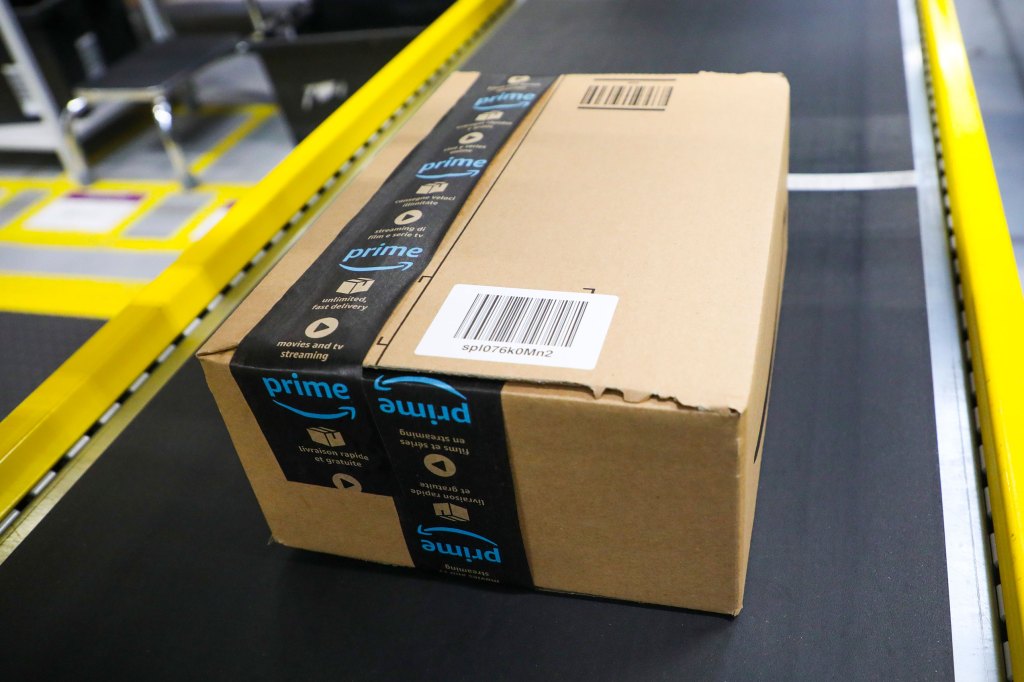When I attended the MIT Sloan CIO Symposium in May, it struck me that as I listened to CIOs talking about the latest technology — in this case generative AI — I was reminded of another time at the same symposium in around 2010 when the talk was all about the cloud.
It was notable how similar the concerns over AI were to the ones that I heard about the fledgling cloud all those years ago: Companies were concerned about governance (check), security (check) and responsible use of a new technology (check).
But 2010 was just at the edge of the consumerization of IT where workers were looking for the same type of experience they had at home at work. Soon, they would resort to “shadow IT” to find those solutions on their own when IT said no, and no was the default in those days. It was easy enough for employees to go off on their own unless things went into total lockdown.
Today, CIOs recognize if they just say no to generative AI, employees are probably going to find a way to use these tools anyway. There are plenty of legitimate concerns when it comes to this technology — like hallucinations or who owns the IP — but there are also concerns about security, compliance and controls, especially around data, that large organizations demand and require.
But CIOs speaking at the conference were much more realistic than they had been 15 years ago, even if they had similar concerns.
“You know, everything’s out there and democratized,” said Mathematica CIO Akira Bell, speaking on a panel called “Sustaining Competitive Advantage in the Age of AI.”
“I think somebody else this morning already said, ‘You know, we can’t control this moment.’ We cannot and don’t want to be ‘the agents of no,’ to tell everybody what they can and cannot do, but what we can do is make sure people understand the responsibility they have as actors and users of these tools.”
Bell said that today, instead of saying no, she’s pushing responsible use of the technology and looking for ways to enhance their customers’ experience with AI. “So one is about governing, making sure our data is ready to be used, making sure our employees understand what best practices exist as they go on and use them.”
She said that the second piece is really thinking about how they use generative AI to enhance their core capabilities, and how they might use it on behalf of clients to create or amplify or change existing service offerings to their customers.
Bell said you must also look at the security component, so all of these things matter. Her organization can offer guidance on how to use these tools in a way that is consistent with the values of the company without shutting down access.
Angelica Tritzo, CIO at GE Vernova, a new spinout from GE focused on alternative energy, is taking a deliberate approach to implementing generative AI. “We have a number of pilots in different maturity stages. We probably, like many others, do not fully understand the full potential, so the cost and the benefit is not always fully aligned,” Tritzo told TechCrunch. “We are finding our way with all the pieces of technology, how much to partner with others versus what we need to do ourselves.” But the process is helping her learn what works and what doesn’t and how to proceed while helping employees get familiar with it.
Chris Bedi, CDIO (chief digital information officer) at ServiceNow, said that things will change in the coming years as employees start demanding access to AI tools. “From a talent standpoint, as organizations look to retain talent, which is a hot topic, it doesn’t matter what job function, people want their job talent to stay. I think it’ll be unthinkable to ask your company employees to do their jobs without GenAI,” Bedi told TechCrunch. What’s more, he believes the talent will start demanding it and question why you would want them to do work manually.
To that end, Bedi says his company is committed to teaching its employees about AI and how to create an AI-literate workforce because people won’t necessarily understand without guidance how to make best use of this technology.
“We created some learning pathways, so everybody in the company had to take their AI 101,” he said. “We created that and selectively [levels] 201 and 301 because we know the future is AI, and so we have to get our whole workforce comfortable with it,” he said.
All of this suggests that while the concerns may be the same as they were in the last wave of technological change, IT executives have perhaps learned some lessons along the way. They understand now that you can’t just lock it down. Instead they have to find ways to help employees use generative AI tools safely and effectively because if they don’t, employees will probably start using them anyway.





























Comment